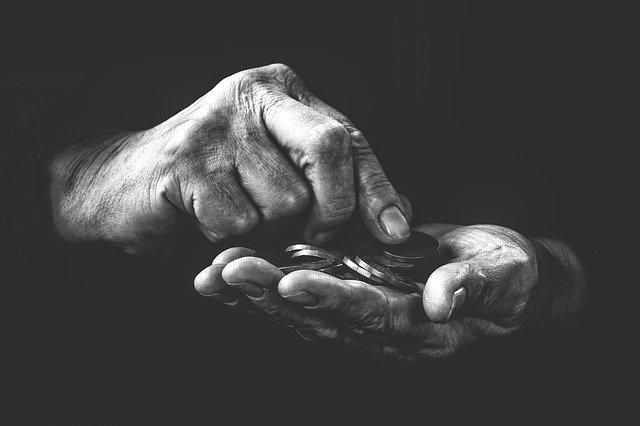Imagine: you were in an accident and had to be hospitalized. Maybe you crashed your car and will need weeks or months of rehabilitation, or maybe you were injured on the job. Or perhaps you were injured by medical error. The specifics don’t matter as much as the fact that the injury wasn’t your fault, but not you can’t work – and that means you can’t pay your bills. Your only hope is to sue for damages, but that won’t pay your bills for months, or even longer. What are you going to do?
There are a number of ways plaintiffs in personal injury suits can pay their bills while waiting for a settlement, and they each have their advantages. If you’re financially strapped after an injury, these are the core choices available to you.
Crowdfunding
Because of the cost of medical treatment today, many people start crowdfunding campaigns after being injured because they know they won’t be able to pay their bills, especially if they are unable to work. Depending on the circumstances, though, some people also turn to crowdfunding to pay their legal defenses – specifically if they can’t find a good lawyer who operates on a contingency basis.
Crowdfunding has few barriers to entry, but that’s one of its only clear benefits. Overall, it’s a highly uncertain approach to fundraising. While some campaigns succeed, the majority don’t. You need to have the right connections, a good story, and the ability to market yourself if you’re hoping to make any headway on your expenses.
Pre-Settlement Loans
If you’re looking for a more reliable financial system than crowdfunding, taking out a pre-settlement loan could be a better choice. These loans are specifically designed with personal injury-affiliated costs in mind. Like other loans, however, there are many different companies offering pre-settlement loans, so you need to do your homework and choose your loan carefully.
To get started, the best thing that you can do is to research pre-settlement funding companies and ask lots of questions. Each has their own specific requirements, such as only working with lawyers who operate on contingency, or they may specialize in certain types of cases. Similarly, some apply simple interest to loans, while others compound interest on loans. Don’t be afraid to shop around and weigh your options.
Personal Loans
While some loans are targeted to specific costs, such as a car loan or student loan, if you’re stuck with an assortment of expenses due to an injury, you can always take out a personal loan from your bank. Depending on your credit, you may not qualify, or may only qualify for a high interest rate loan, however, so you’ll need be careful. You want a loan that will help you manage your financial needs while you navigate your lawsuit, not dig yourself into a deeper hole.
Keep Your Options Open
Though crowdfunding, pre-settlement loans, and personal loans can all help you cover your expenses while dealing with your legal case, it’s important to keep your options open. Many people end up using a combination of these strategies, credit cards, and help from friends and family to pay the bills during this time. Ultimately, the goal is to minimize your stress as you navigate your legal case so that you don’t settle too soon. If you’re successful, your lawsuit’s payout will cover whatever costs you incur.




